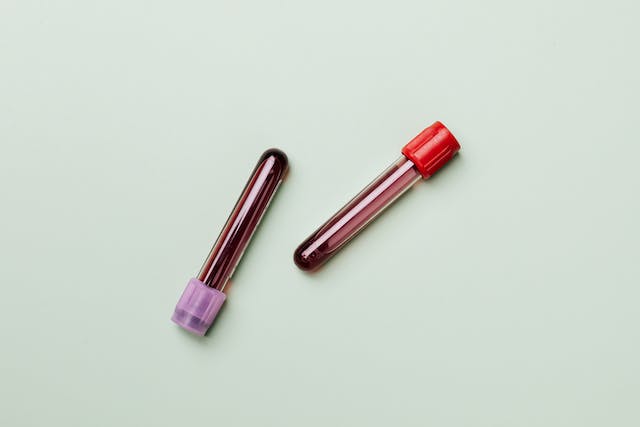In New Jersey, like in many other states, drunk driving is strictly prohibited by law. Understanding Blood Alcohol Concentration (BAC) limits is crucial for all drivers and motorists in the state to avoid legal troubles and ensure road safety.
The legal BAC limit for most drivers in New Jersey is 0.08%. Exceeding this limit can lead to arrest under N.J.S.A. 39:4-50 for Driving While Intoxicated (DWI). However, specific categories of drivers, such as commercial drivers and minors, are subject to lower BAC thresholds.
If you are facing a DWI charge in New Jersey, it is essential to consult one of the best New Jersey DWI attorneys to protect your rights and navigate the legal process effectively.
DWI Laws for Underage Drivers in New Jersey
New Jersey enforces a zero-tolerance policy for underage drivers (those under 21 years old). A BAC of 0.01% or higher can result in DWI charges. This strict standard is designed to discourage underage drinking and driving, aiming to reduce traffic accidents caused by young drivers.
While individuals aged 21 and over are legally permitted to purchase alcohol, driving under the influence remains illegal for everyone. Underage drivers are particularly scrutinized due to their heightened risk of causing motor vehicle accidents.
How to Determine BAC in New Jersey
Law enforcement in New Jersey uses several reliable methods to measure BAC during DWI investigations, with chemical blood tests and breathalyzer devices being the most common. These tests are crucial for establishing whether a driver exceeded legal BAC limits.
Breathalyzer devices provide immediate BAC readings, which prosecutors use as evidence. However, even if a driver’s BAC is below the 0.08% threshold, charges may still apply if the individual exhibits signs of impairment, as alcohol can affect driving abilities even at lower levels.
Refusing to undergo BAC testing can result in automatic penalties under New Jersey’s implied consent laws, potentially leading to license suspension and other consequences.
Using BAC Evidence in Your Defense
If you are charged with a DWI, pleading guilty is not your only option. Skilled attorneys can challenge the validity of BAC test results by scrutinizing evidence and procedural details.
Before trial, prosecutors are required to provide police reports, including breathalyzer or blood test records. Your defense lawyer may find grounds to challenge the admissibility of this evidence if there are indications of errors or misconduct, such as device malfunction, improper calibration, or violations of testing protocols.
Common legal challenges include:
- Mouthwash or other substances contaminating breathalyzer results.
- Use of a faulty or improperly maintained breath testing device.
- Breaks in the chain of custody concerning BAC test samples.
- Failure to calibrate devices according to manufacturer or legal standards.
- Testing conducted following an unlawful traffic stop.
These challenges can lead to suppression of evidence and potentially reduce or dismiss charges.
What Should You Do if Charged with a DWI?
If you face a DWI charge in New Jersey, the most critical step is to consult an experienced DWI defense attorney immediately. Not all lawyers have specialized knowledge in this area of law, so hiring someone who thoroughly understands BAC evidence and local regulations is essential for mounting an effective defense.
Discuss your case in detail with your attorney, who will help you evaluate all evidence, explore possible defenses, and guide you through the legal process to achieve the best possible outcome.
Frequently Asked Questions (FAQs)
The legal BAC limit for most drivers is 0.08%. Commercial drivers must maintain a BAC below 0.04%, and underage drivers face a zero-tolerance limit of 0.01% or higher resulting in charges.
Refusing to take a BAC test can lead to automatic license suspension, fines, and may be used against you in court under New Jersey’s implied consent laws.
Yes. A defense attorney can investigate the accuracy of test devices, verify proper procedures, and challenge evidence if there were errors or violations during testing.
Absolutely. DWI charges carry severe consequences, and a qualified attorney is crucial to protect your rights, analyze evidence, and build a strong defense.
Yes. Underage drivers face stricter BAC limits (virtually zero tolerance) and may encounter harsher penalties, including license suspension and mandatory education programs.



